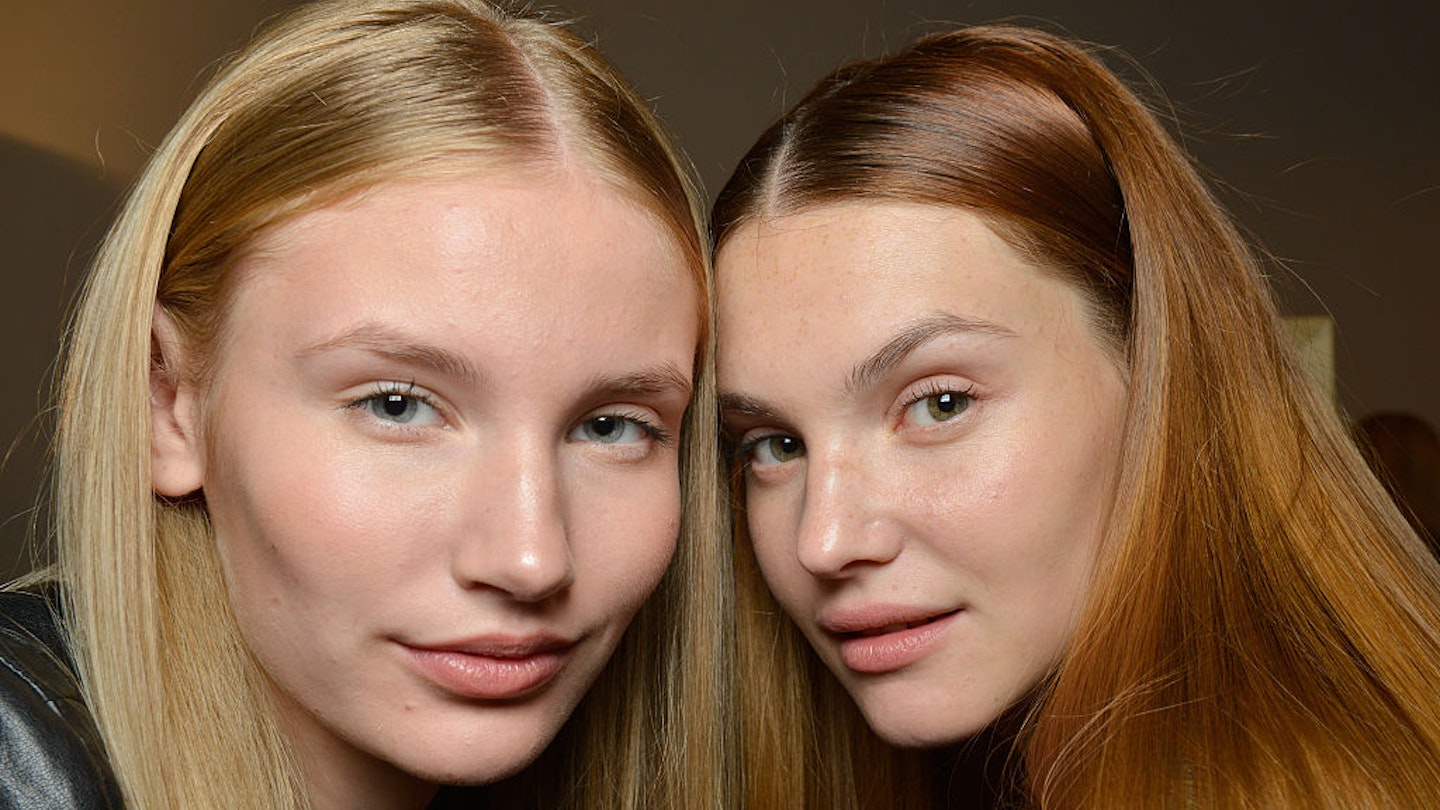There is a perennial discussion around the way beauty products are branding themselves, and speculation about the ingredients they contain (or, rather, say they contain). Selecting what beauty products to use can feel like a bit of a minefield. What is good for my skin? What ingredients are harmful? What words should I be looking out for when I’m shopping in Boots for a facial cleanser?
Just like dietary fads and trends, where retailers will catapult various words to the forefront of discourse in order to sell products, beauty retailers are capitalising on the latest buzzwords to entice consumers.
WATCH: On-The-Go Beauty Hacks
Words like ‘organic’, ‘natural’, ‘pure’, ‘green’ are words that have been thrown around in food and dietary terms, but now beauty brands are jumping on the bandwagon and labelling their products with these terms, too. ‘Paraben free’ is an example of a buzz phrase where concerns around whether parabens are harmful caused a rise in 'paraben-free' products. The same goes for gluten in the dietary world - if you see 'gluten-free' enough times you're going to think gluten is a dietary demon. The issue lies in that people may reject certain products – food or beauty products - for not having that ‘organic’ stamp of approval on it (or whatever the buzzword may be) without knowing what that exactly means or endeavouring to pursue information about the ingredients list.
So, what is clean beauty?
‘Clean beauty’ is the latest phrase that has skyrocketed to the top of the beauty agenda; a phrase that needs to be unpacked and navigated. We know about ‘clean eating’, but what does ‘clean beauty’ mean? What does it say about the product? Does a product have to adhere to laws on beauty standards to be deemed 'clean'?
‘Clean beauty’ essentially means what ‘natural’ stands for: not including ingredients that can be considered 'harmful' or are not ‘organically sourced’. However, when put under the microscope, the problem is that retailers can so easily brand their products with jargon such as ‘clean’, but this is misleading. In fact, according to Business of Fashion, there is no official clarification for ‘clean’, and a product branded as such could actually contain a whole host of harmful ingredients. The term ‘natural’ is also unregulated by the FDA. Similarly, it is perfectly legal in the US for a brand to stamp on the word ‘fragrance’ within the ingredients list as a blanket term for anything they don’t wish to disclose (a total red flag).
On the other hand, the term ‘organic’ is regulated by the FDA, but the catch is that the product only has to be a certain percentage organic to earn the status: in the US it’s 70 percent, which leaves a lot of room for unfriendly ingredients to be used that may fly under the radar. A product with a USDA Organic seal means it’s categorically 95 percent organic, so that’s your best bet.
That being said, not all brands that use terms like ‘natural’ and ‘clean’ are trying to trick you or are being unethical. Today, prettily-packaged eco-conscious labels such as Ilia have forgone ‘harmful’ synthetic ingredients in favour of ingredients that have been sourced from ‘organic’ and ‘botanic’ sources, and have gained massive cult followings for sticking to their ethos.
Tip: if you’re unsure what you’re really buying into but you want to be super conscious (and not waste any pennies) always read the labels and do your research of the ingredients list. After all, ‘clean’ is just a word, but it’s hot right now, so it isn’t cheap.
READ MORE: The Ingredients You Should Look Out For In Your Skincare Products
READ MORE: 9 Under The Radar Beauty Products You Need To Know About
